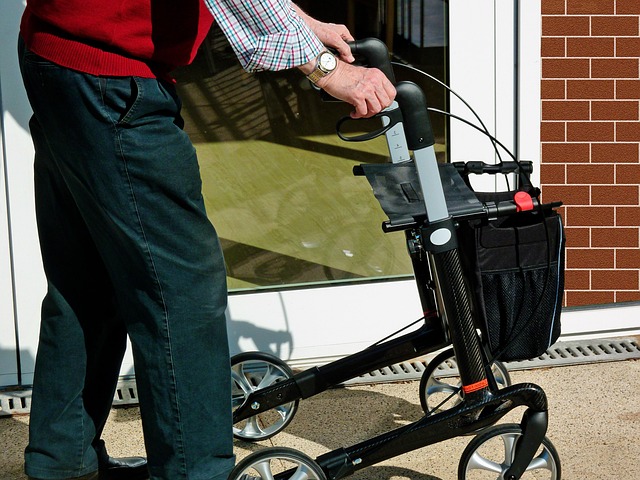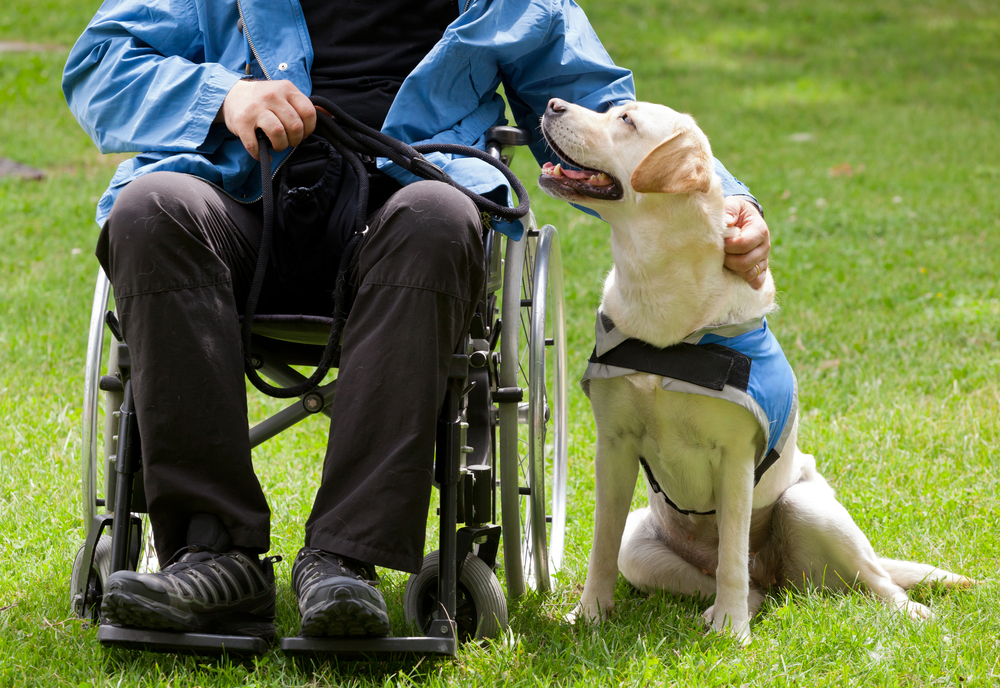Establishing Meal Routines That Support Independence
Consistent meal routines in early care settings help children develop practical skills, self-confidence, and healthy habits. This article outlines approaches for caregivers and staff to design mealtime practices that support infants and toddlers while promoting sensory, motor, language, and social development.

Establishing predictable meal routines gives young children a reliable framework that supports both practical skills and emotional security. For infants and toddlers, regular mealtime patterns encourage self-feeding when developmentally appropriate, improve transitions between activities, and create opportunities for language, sensory exploration, and social interaction. Staff and caregivers can shape routines that respect individual needs while encouraging independence through consistent timing, simple expectations, and scaffolded support.
Childcare for infants and toddlers
Caregivers should tailor mealtime routines to infants and toddlers by observing developmental cues and adjusting pacing. For infants this may mean responsive bottle or breastfeeding routines that follow hunger and satiety signals, paired with calm, predictable positioning and hygiene practices. For toddlers, introducing finger foods, child-safe utensils, and small responsibilities—like passing a napkin—builds motor skills and a sense of contribution. In both age groups, routines that balance caregiver assistance and opportunities for self-initiation foster growing autonomy.
Routines and transitions
Clear routines and gentle transition strategies reduce stress around meals and support emotional wellbeing. Use simple verbal cues and consistent timing—such as a five-minute clean-up signal—so children learn what comes next. Visual schedules or photos for older toddlers can help nonverbal children anticipate change and feel secure. Smooth transitions also depend on staff coordination: consistent language, shared expectations about mealtime behavior, and predictable cleanup procedures help children internalize routines and reduce power struggles.
Nutrition and hygiene
Integrating nutrition and hygiene into meal routines teaches practical life skills. Staff can model handwashing before and after eating, explain its purpose in simple terms, and make handwashing a sensory activity with warm water and gentle soap. Nutrition education for young children means offering a variety of textures and flavors, allowing exploration without pressure to finish, and respecting appetite cues. Portioning food appropriately and using family-style serving (with supervision) encourages choice-making and motor practice while supporting inclusion for diverse dietary needs.
Play, sensory, and motor skills
Mealtime can be a space for sensory play and motor development. Allowing safe exploration of textures—such as ripe fruit, soft vegetables, and easy-to-grasp pieces—supports oral motor skills and sensory processing. Simple setup changes, like low tables and stable chairs, promote good posture and fine motor practice when children use utensils or cups. Incorporate short play-based opportunities related to food—sorting colors, naming textures, or pretending to cook—to connect mealtime with broader developmental goals.
Language and inclusion
Meals are rich language-learning environments. Staff can narrate actions, label foods, ask simple open-ended questions, and encourage turn-taking during conversation. Supporting multiple languages and cultural food practices demonstrates inclusion and helps children hear and learn diverse vocabulary. For children with additional communication needs, use gestures, signs, or picture cues during meals to reduce frustration and increase participation. Inclusive routines respect dietary restrictions and cultural preferences while maintaining shared expectations about mealtime behavior.
Staff, wellbeing, and outdoor considerations
Staff wellbeing matters to the quality of mealtime routines. Calm, well-planned staffing ratios allow adults to attend to individual children, model positive behavior, and manage sensory or motor challenges. Whenever possible, incorporate outdoor meals or snacks to connect children with nature and provide relaxed space for movement and social interaction. Outdoor routines require attention to hygiene and food safety but can reduce noise and energy indoors, supporting smoother transitions and improved staff-child interactions.
This article is for informational purposes only and should not be considered medical advice. Please consult a qualified healthcare professional for personalized guidance and treatment.
Establishing meal routines that support independence takes time, observation, and consistent collaboration among staff and caregivers. By combining predictable timing, opportunities for choice and self-feeding, and intentional language and sensory experiences, early care settings can help infants and toddlers develop practical skills and a positive relationship with food. Thoughtful routines also create inclusive, calm mealtime environments that support overall wellbeing and lay a foundation for later self-care and social skills.






